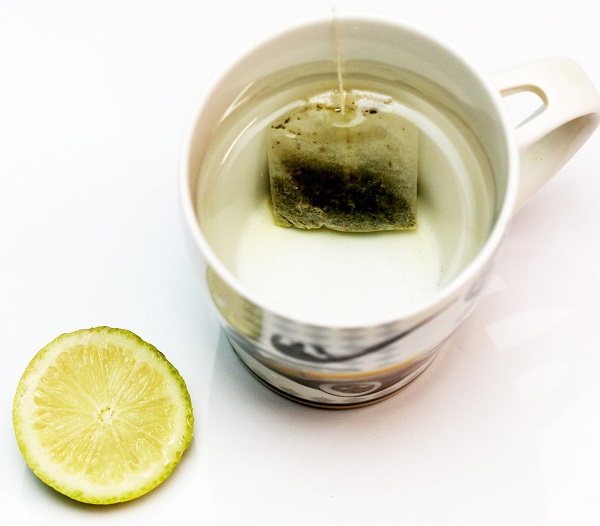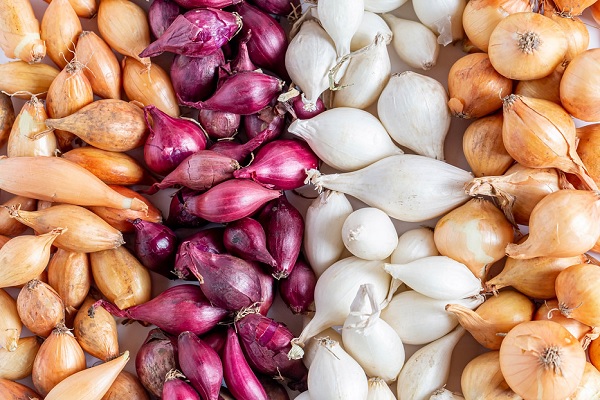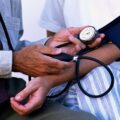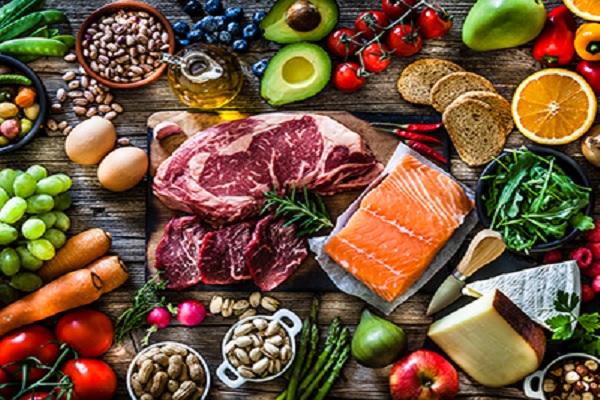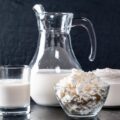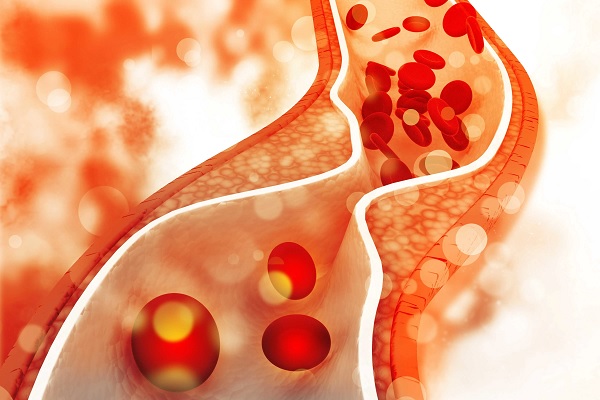
Cholesterol is often misunderstood as many people consider it a killer that will cause a heart attack. Cholesterol is actually a waxy fluid that flows in your blood helping maintain the fluidity of your cell membrane and the production of important substances such as hormones and Vitamin D. To stay viable, cholesterol needs to stay fluid meaning it keeps moving through your blood vessels. There is low-density cholesterol known as LDL which causes most of the health issues as it gets stuck in your blood vessels forming plaque. When we talk about reducing cholesterol, it is all about reducing LDL and it all comes down to your diet and lifestyle. Maintaining a daily exercise routine is important as well as these changes to your diet.
Eat more soluble fibre
If you enjoy a breakfast of whole grain oats, then you are already on track to reduce LDL because oats have lots of soluble fibre. Soluble fibre is by far the best solution to dietary cholesterol as it lines up your gut walls preventing the absorption of LDL in the first place. Other foods rich insoluble fibre are carrots, beans, peas, psyllium and citrus fruits. You need to go for whole foods to avoid adding saturated and trans fats while trying to stock up on soluble fibre. A lack of soluble fibre in your body could cause a lot of digestive and intestinal issues. If you suffer from these issues on a recurring basis, then consider getting some Nutritional Therapy so that you don’t end up with even serious problems.
Reduce consumption of saturated fat
Saturated fat directly increases the LDL in your bloodstream making it one of the worst things for your heart and circulatory system as a whole. Many heavily processed foods as well as fast foods have saturated fats and trans fats. These fats have longer strands that don’t break down easily and when absorbed into the bloodstream, they form plaque. Animal products such as red meat, organ meats, whole milk and pork have the highest content of saturated fat. It is easy to identify saturated fat because it tends to stay solid at room temperature.
Cut down on deli meats
Lunch meats make food preparation easy as they come cured and pre-cooked but they are stripped of nutrients and loaded with saturated fat. Sausages, ham, bacon and other cold-cut meats may also be made from offal and other cholesterol-dense parts of the animal all of which leads to increased LDL in your bloodstream.
Eat more unsaturated fats
Unsaturated fats are also known as fats with double bonds meaning they have shorter bonds with bends and can therefore be broken down easily. An eight-week study published in 2016 concluded that eating more unsaturated fats reduces your cholesterol as well as your LDL by up to 11 percent. The healthiest sources of unsaturated fats are avocados, olives, nuts and other plant-based sources of oil.
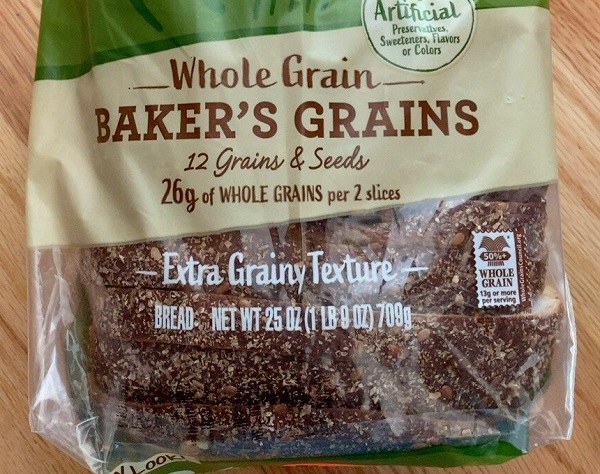
Eat seeds and whole grain foods
Another source of monosaturated and polyunsaturated fats is seed diets including flax, chia, sunflower, hemp, sesame and pumpkin seeds. The unsaturated fats in the seeds also help reduce the saturated fat in your body which reduces cholesterol. Seeds also make a good source of fibre as do whole grains. Fibre slows and also prevents the absorption of cholesterol into your bloodstream which is vital in reducing LDL.
Eat Herbs and spices in food
Garlic, ginger, turmeric and other spices are nutritional powerhouses with lots of benefits one being their ability to reduce the absorption of cholesterol into your bloodstream. Studies support that the regular consumption of ginger, garlic and turmeric significantly reduces LDL within just weeks of use. Antioxidants found in sage, bay leaf, oregano, mint and other herbs help prevent LDL from oxidizing in the bloodstream which prevents the growth of plaque in blood vessels.
Increase consumption of vegetables and fruits
Embracing a Mediterranean-style eating habit will save you lots of health problems including cholesterol. Vegetables and fruits have antioxidants which prevent the oxidation of LDL which is the main cause of plaque in blood vessels. They are also rich in soluble fibre which also prevents the absorption of cholesterol into the bloodstream. Research published in 2004 concluded that having four servings of fruits and vegetables per day will reduce cholesterol levels by up to 6% which also translates into lower LDL.
Embrace green tea
Green tea is another hub of antioxidants which have been shown to reduce the worst side effects of bad cholesterol in your body by preventing oxidation of cholesterol. Green tea is made using fresh tea leaves that haven’t been fermented which retains a group of antioxidants known as catechins which have been shown to reduce cholesterol.
Meet your dietary requirements of Oily Fish
Omega 3 fatty acids are vital to the well-being of brain cells and other body cells. These fatty acids are also a group of fatty acids responsible for replacing saturated fats and consequently, LDL from your bloodstream. Seeds as mentioned above are rich in Omega 3 but oily fish such as Mackerel, Salmon, Deep-sea tuna and herring are the best source of these fats.
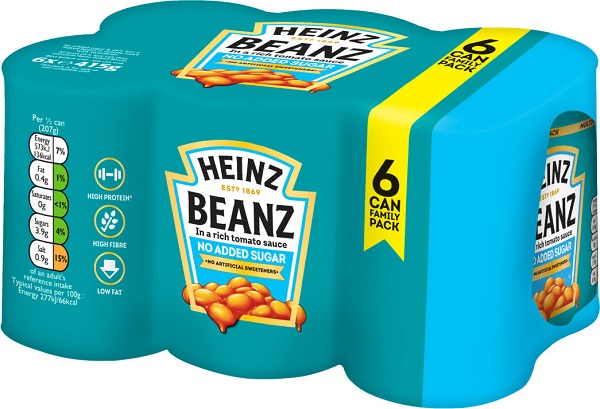
Cut down your consumption of added sugar
High fructose corn syrup (HFCS) is one of the most common added sugar in processed foods with huge health risks. A 14-year study published in 2014 concluded that getting 10% of your calories per day can increase your risk of dying from heart disease by up to three times. The more added sugar you consume, the more LDL you have and the oxidation of LDL also seems to increase with the consumption of more sugar. You should therefore cut refined sugar from your diet as much as possible to reduce bad cholesterol.
Do you have any other tips for reducing your dietary cholesterol? If you do why not share them with us in the comments below.
